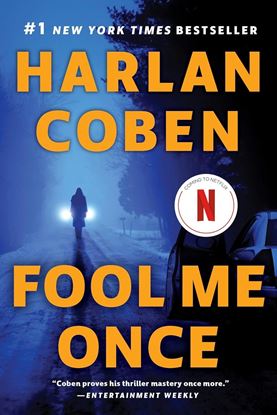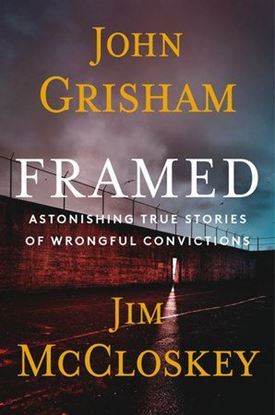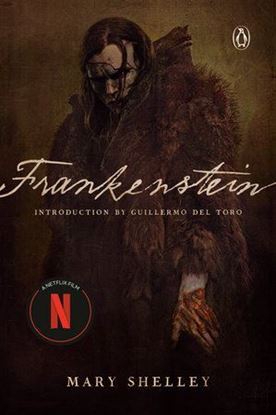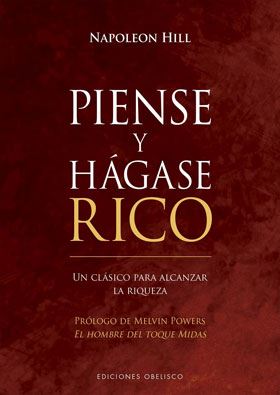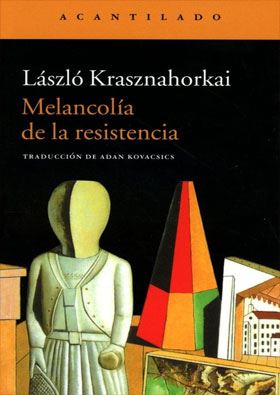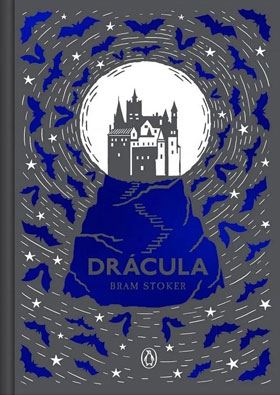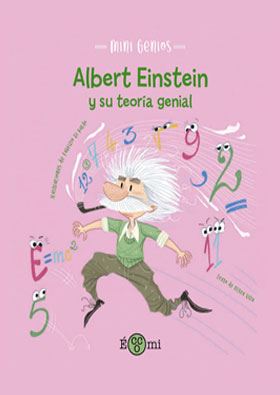

FOOL ME ONCE (MOVIE-TI)
Former special ops pilot Maya, home from the war, sees an unthinkable image captured by her nanny cam while she is at work: her two-year-old daughter playing with Maya’s husband, Joe—who was brutally murdered two weeks earlier. The provocative question at the heart of the mystery: Can you believe everything you see with your own eyes, even when you desperately want to? To find the answer, Maya must finally come to terms with deep secrets and deceit in her own past before she can face the unbelievable truth about her husband—and herself.
1,250
FRAMED
John Grisham is known worldwide for his bestselling novels, but it’s his real-life passion for justice that led to his work with Jim McCloskey of Centurion Ministries, the first organization dedicated to exonerating innocent people who have been wrongly convicted. Together they offer an inside look at the many injustices in our criminal justice system.
A fundamental principle of our legal system is a presumption of innocence, but once someone has been found guilty, there is very little room to prove doubt. These ten true stories shed light on Americans who were innocent but found guilty and forced to sacrifice friends, families, and decades of their lives to prison while the guilty parties remained free. In each of the stories, John Grisham and Jim McCloskey recount the dramatic hard-fought battles for exoneration. They take a close look at what leads to wrongful convictions in the first place and the racism, misconduct, flawed testimony, and corruption in the court system that can make them so hard to reverse.
995
FRANKENSTEIN (ING) (SIGNET)
More than 200 years after it was first published, Mary Shelley's Frankenstein has stood the test of time as a gothic masterpiece--a classic work of horror that blurs the line between man and monster. "If I cannot inspire love, I will cause fear." For centuries, the story of Victor Frankenstein and the monster he created has held readers spellbound. On the surface, it is a novel of tense and steadily mounting dread. On a more profound level, it illuminates the triumph and tragedy of the human condition in its portrayal of a scientist who oversteps the bounds of conscience, and of a creature tortured by the solitude of a world in which he does not belong. A novel of almost hallucinatory intensity, Mary Shelley's Frankenstein represents one of the most striking flowerings of the Romantic imagination.
500
FRANKENSTEINS (NETFLIX TIE-IN)
Obsessed with creating life, Victor Frankenstein plunders graveyards for the material to fashion a new being, which he shocks into life with electricity. But his botched creature, rejected by Frankenstein and denied human companionship, sets out to destroy his maker and all that he holds dear. This chilling gothic tale, begun when Mary Shelley was just nineteen years old, would become the world’s most famous work of horror fiction, and is now the inspiration of a film adaptation written and directed by Guillermo del Toro and starring Oscar Isaac, Jacob Elordi, and Mia Goth.
1,300
FULL TILT (DELUXE EDITION)
Kacey Dawson is a rising rock guitarist, living fast and burning out faster. When a concert in Vegas spirals into chaos, she wakes up on the couch of Jonah Fletcher, a quiet, artistic limo driver with a secret that's ticking down the days of his life.
Jonah has no room for distractions. His final months are mapped out: finish his glass art installation and leave behind a legacy. But Kacey crashes into his world like a supernova messy, vibrant, and impossible to ignore.
1,150
GO TELL THE BEES THAT I AM GONE
War leaves nobody alone. Neither the past, the present, nor the future offers true safety, and the only refuge is what you can protect: your family, your friends, your home.
Jamie Fraser and Claire Randall were torn apart by the Jacobite Rising in 1746, and it took them twenty years of loss and heartbreak to find each other again. Now it’s 1779, and Claire and Jamie are finally reunited with their daughter, Brianna, her husband, Roger, and their children, and are rebuilding their home on Fraser’s Ridge—a fortress that may shelter them against the winds of war as well as weather.
But tensions in the Colonies are great: Battles rage from New York to Georgia and, even in the mountains of the backcountry, feelings run hot enough to boil Hell’s teakettle. Jamie knows that loyalties among his tenants are split and it won’t be long before the war is on his doorstep.
Brianna and Roger have their own worry: that the dangers that provoked their escape from the twentieth century might catch up to them. Sometimes they question whether risking the perils of the 1700s—among them disease, starvation, and an impending war—was indeed the safer choice for their family.
800

